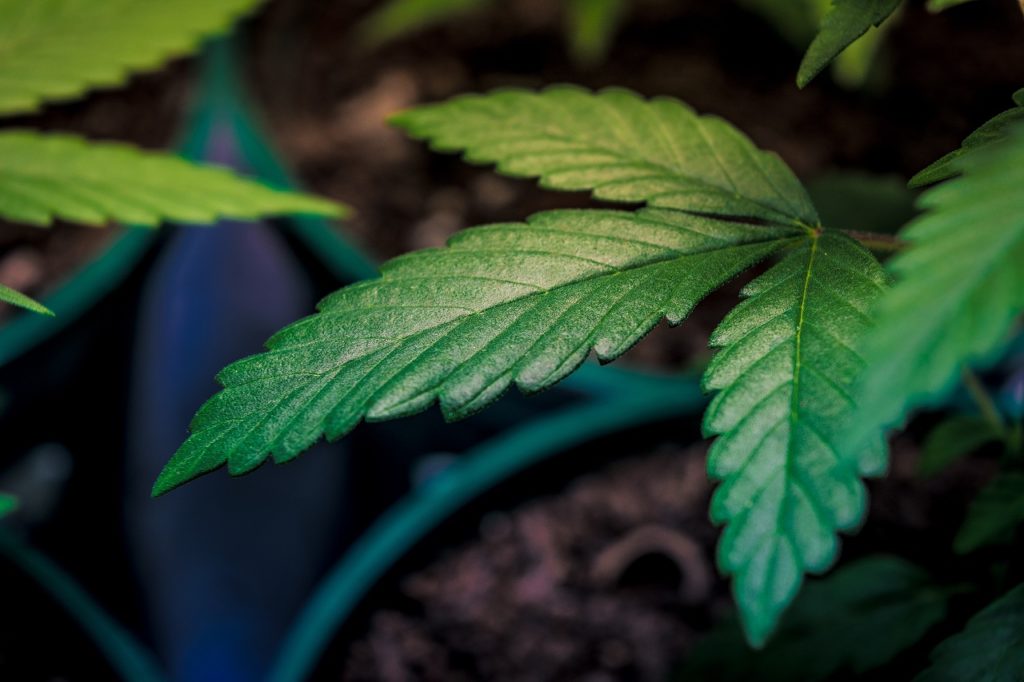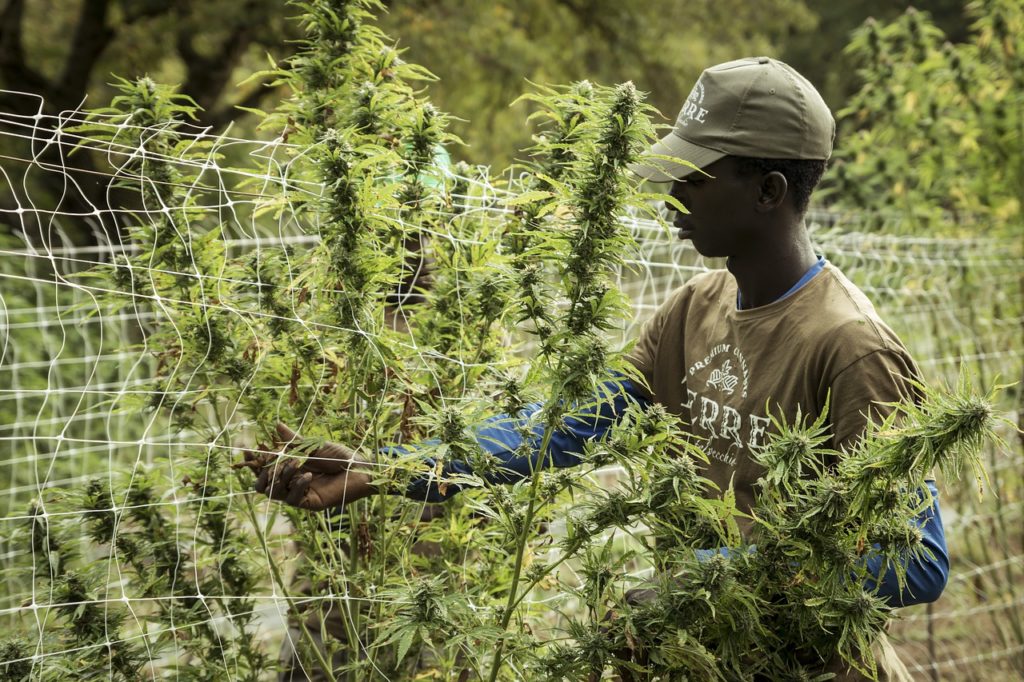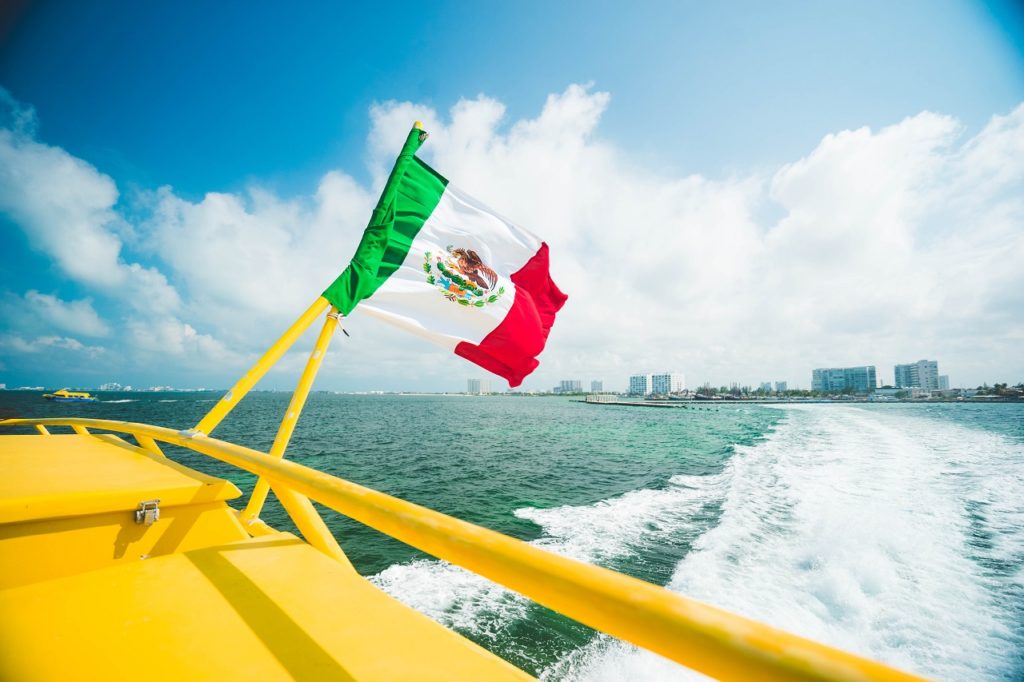A clear regulation in the scenario of cannabis legalization in Mexico is an essential condition for establishing a regulated market. A network already exists. Producers and distributors that have operated since the establishment of its legal use for medical purposes. Mexico sees the opportunity to boost the country’s production by creating materials that can be used in various industries.
Mexico needs clear regulation on cannabis


Clear rules are needed for legal cannabis production in order to create jobs, bring investment to the southeast, promote development in marginalized areas, research and federal revenue, produce export products, and generate a domestic market beyond recreational consumption, warn businessmen and scientists.
Visit our Hemp.im mobile application to check the latest news cannabis news and other trending topics like hemp and marijuana. Hemp.im will bring you the best business news experience on your Android and iOS devices.
Legislation to promote cannabis development


There must be legislation that promotes cannabis development in all possible areas, demand representatives of the Mexican Council of Science and Industry of Cannabis and Hemp (Comeccic).
“Legal cannabis production in Mexico may have potential, similar to the avocado industry,” said Erika Santana, Executive Director General of Comeccic. The council has brought together companies and scientists who seek to be formally incorporated into a comprehensive, transparent and efficient industry that also generates greater economic growth in the country.
“We understand that cannabis regulation is a political issue, but the country must also consider the social, public health and economic aspects, and at the same time, we must not forget the role of science, which will guide us on the right path to take,” warned Santana.
Cannabis regulation Potential
It was stressed that the Comeccic hopes that in the Senate, and the House of Representatives, there will be a vision of all the potential that can be generated from the regulation of cannabis. The resulting legislation should not conflict with government regulations and should address the issue of tariffs, provide for the initial import of seeds and should generate official Mexican standards for many processes and products.


At least four different entities will have to coordinate within the Government alone to deal with the importation of cannabis-based products. The Cofepris has to regulate the medical part and scientific research. “We want everything to harmonize and flow properly so as not to create blockages on priority issues,” Santana said.
The legal cannabis industry in Mexico
Claudia Granados, deputy director of the Council, explained that Mexico has all the potential to detonate an efficient legal industry: scientists, land, and good industries. “What is needed for this is for the whole process, starting from cultivation of the seed to the finished products, to be made in Mexico, that is what matters most to us,” she added.
She pointed out that cannabis, for example, is one of the strongest complementary industries that can be triggered by the new law. The deputy director of the Comeccic details that cannabis is classified as “non-psychoactive”, which can produce fibers, but does not generate any psychoactive effect, because the THC (Tetrahydrocannabinol) content is less than 1% and yet it has been banned.
Cannabis boost opportunity
Mexico now sees the opportunity to boost the cannabis production to create bioplastics and various fibers that can be used by industry, for example in clothing, filters, insulation, building materials, carpets or resistant fabrics for boat or sailboat ties, as they are more durable than synthetic nylon. As with cannabis with psychoactive effects, hemp would also be legalized and start from scratch to generate its production.
That is why the country would need to import seeds, select the right ones to boost its production, in order to start an industry with export capacity. “Permits, a normal official one, and all the necessary support are required to start production that has nothing to do with cannabis that will be used for research, pharmaceutical production or personal use,” she said. The Council includes pharmacies and drugstore chains, hospitals and various agro-industries, among other sectors.
__
(Featured image by Esteban Lopez via Unsplash)
DISCLAIMER: This article was written by a third party contributor and does not reflect the opinion of Hemp.im, its management, staff or its associates. Please review our disclaimer for more information.
This article may include forward-looking statements. These forward-looking statements generally are identified by the words “believe,” “project,” “estimate,” “become,” “plan,” “will,” and similar expressions. These forward-looking statements involve known and unknown risks as well as uncertainties, including those discussed in the following cautionary statements and elsewhere in this article and on this site. Although the Company may believe that its expectations are based on reasonable assumptions, the actual results that the Company may achieve may differ materially from any forward-looking statements, which reflect the opinions of the management of the Company only as of the date hereof. Additionally, please make sure to read these important disclosures.
First published in El Heraldo, a third-party contributor translated and adapted the article from the original. In case of discrepancy, the original will prevail.
Although we made reasonable efforts to provide accurate translations, some parts may be incorrect. Hemp.im assumes no responsibility for errors, omissions or ambiguities in the translations provided on this website. Any person or entity relying on translated content does so at their own risk. Hemp.im is not responsible for losses caused by such reliance on the accuracy or reliability of translated information. If you wish to report an error or inaccuracy in the translation, we encourage you to contact us.



Comments are closed for this post.